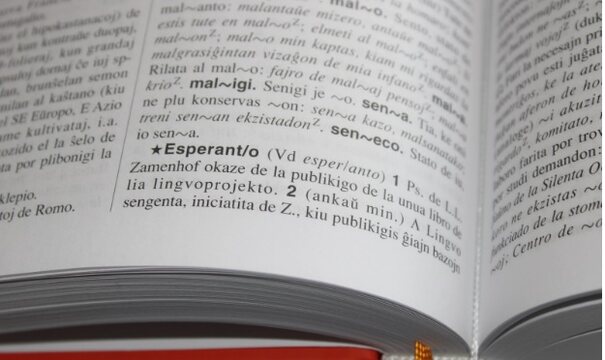“Saluton” and Other Useful Esperanto Phrases

Unsplash: Stefan
Another day. Another moment to learn something new. And what should you learn this time? Oh, you know just some basic Esperanto phrases
For those of you who have never heard of Esperanto, here’s a quick 411 this not so obscure language: Esperanto is the most widely used constructed auxiliary language worldwide, spoken by over 2 million people in 120 countries. Unlike other languages, Esperanto has no native speakers as this somewhat quirky language has no place to call its own. Regardless of that, Esperanto is not your whatever made-up language because this language has left a lasting impact on a number of famous people from writers like Leo Tolstoy and J.R.R. Tolkien to scientists like Sidney S. Culbert and Wilhelm Ostwald.
The name Esperanto might sound like a type of Romance or Germanic or Slavic language, but it actually isn’t. As simple as it is, Esperanto is really just a language made by Dr. Zamenhof to promote world peace. Although, most of its word roots come from Latin, with influences in German, English, Polish, and Russian. So perhaps you can say that some of its phrases have a Romance, Germanic, even Slavic language quality to them.
Every year, Esperanto continues to draw new speakers and learners in all places of the world. And you can even become a member of this growing Esperantist community right now! To kick off your Esperanto language journey, here’s a handy-dandy list of Esperanto phrases ready for memorizing.
Esperanto Greetings
Basic Questions
Essential Phrases
Ramdom Phrases


